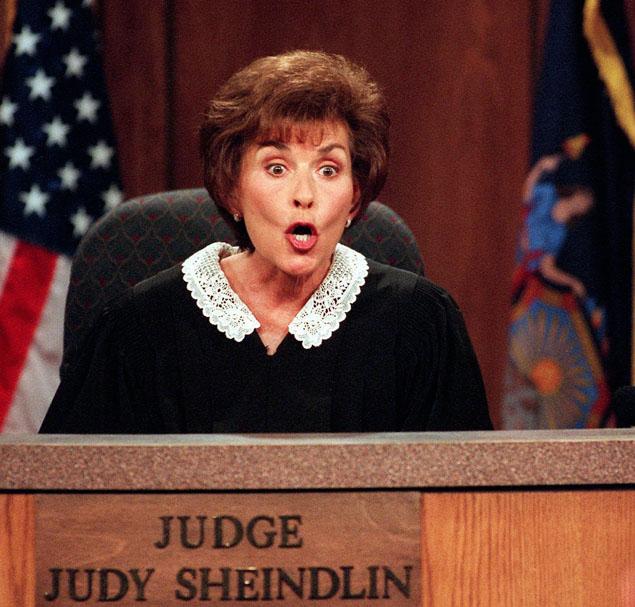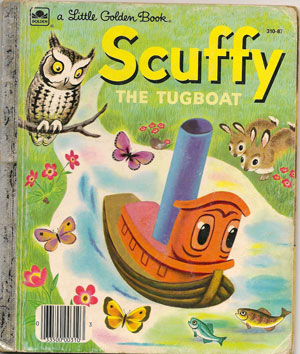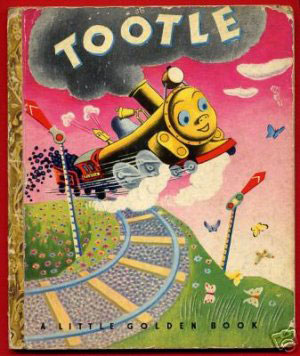Which Way Does Your Gate Swing?
/Does the name Judith Sheindlin ring a bell? She's from Brooklyn, New York (if that helps).
A line you hear often is "Life's not fair." What an unsatisfying answer!
- Your kid doesn't get to start at quarterback, so: "Life's not fair."
- The jerk in the next cubicle got a raise, you didn't, so: "Life's not fair."
The antithesis of that seems to be: "I'm so blessed."
- Your daughter makes the elementary school cheer squad, so: "I'm so blessed."
- You son makes the Honor Roll, so: "I'm so blessed."
- You live in a "gated community"...
WAIT, that one depends on which way the gate swings. Our youngest son works for the Oklahoma County Sheriff. For the folks he's around, the gate swings the wrong way, because they're all innocent and "Life's not fair."
You know in some cases, maybe they're right. I heard a statistic the other day that purported that for kids who have parents who are incarcerated, more than 70% of them will at some time be in jail themselves.
Monet's Garden Gate
One of my favorite people to hear speak is Michael Sandel. He's a professor at Harvard. He teaches a class called, "Justice: What's the Right Thing To Do." You can watch it on YouTube or you can read the book by the same name. I highly recommend both. Here's one of my favorite quotes:
“The way things are does not determine the way they ought to be”
― Michael J. Sandel, Justice: What's the Right Thing to Do?
It seems to me that sometimes we can have several "I'm so blessed" and "Life's not fair" moments all in the same day. In other words, both of these states are temporary, and depend on the circumstances we find ourselves in.
Here's a statement I believe is more true and accurate than either of those two: Life's complicated.
Back to Sandel's quote: If we're not careful we'll come to believe that the way things are DOES determine how they ought to be, and how they in fact ARE. Is it crazy to say that the way things are, is not necessarily the way things really ARE? In other words, do we sometimes make the wrong assumptions about reality?
I promise you--if you watch too much Fox News, or if you watch too much MSNBC, you will soon have a distorted reality of the way things are. I know this is coming across as opinionated preaching, but what I'm really doing here is putting in words and ink a new lesson I'm learning.
For me this lesson is this: if I constantly look at life as though I'm looking through a microscope, telescope, or a tunnel, I have no choice but to view and judge every event as a moment of: Life's not fair, or I'm so blessed.
Oh, and you do know Judith Sheindlin. You know her as Judge Judy. Turns out that she is the highest paid judge in the land. A justice of the U.S. Supreme Court makes just over $200,000 a year. Judge Judy makes nearly $50,000,000. Yes, that's 50 MILLION a year! Is life fair, or is Judge Judy just really, really blessed. And if she is, what has she done to merit such blessfullness? Or is it even based on merit?
Here's what I do know, by experience, for myself: If I look broadly at life, taking as big a picture as I can, I see that we are all blessed way beyond what we deserve, that there is more beauty than I can behold in a lifetime, and that when you try to see life as it was Designed and Created, it is in fact, fair.
"The future is something which everyone reaches at the rate of 60 minutes an hour, whatever he does, whoever he is." --C. S. Lewis








